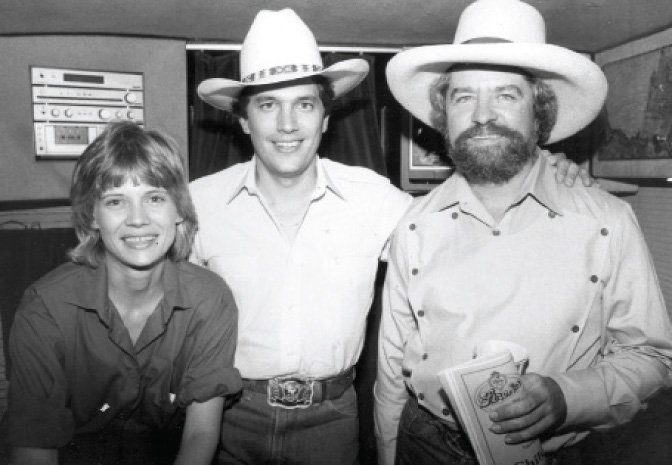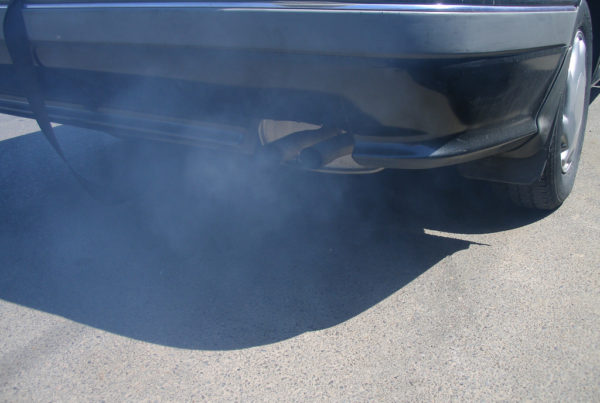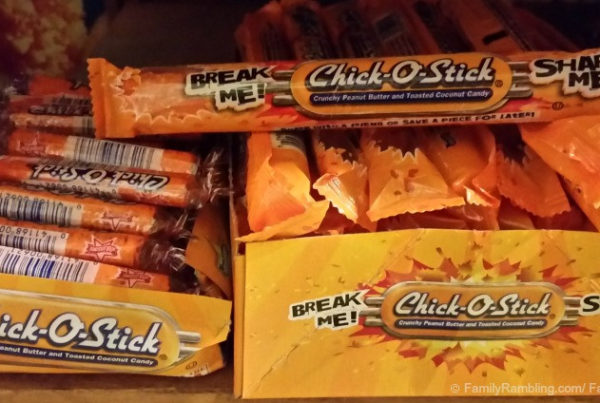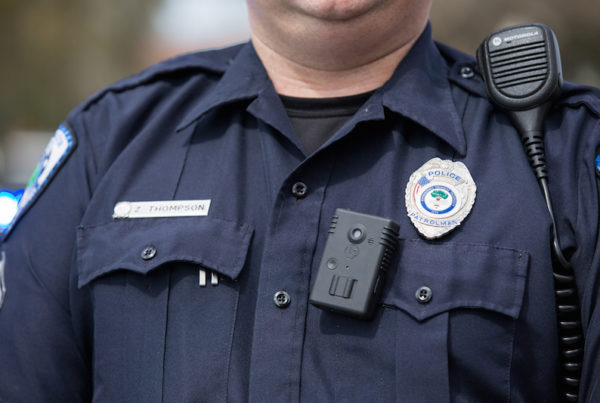From KERA:
Texas’ fertile country music scene has bred memorable storytellers. Think George Strait, Miranda Lambert or outlaws Waylon Jennings and Willie Nelson. Broken hearts, drug addiction, even bankruptcy – these songwriter bare it all for their craft. And one North Texas songwriter is hoping that his honest approach to songwriting – and his velvet voice – will put him on the path of those legends.
Tyler native Paul Cauthen released his first solo album last fall. It’s called “My Gospel,” and it’s a nod to the 31-year-old’s religious roots. On the album, the songwriter sings about love lost and desperate times, like the death of a close friend, or the depression that set in after he quit his first band.

















